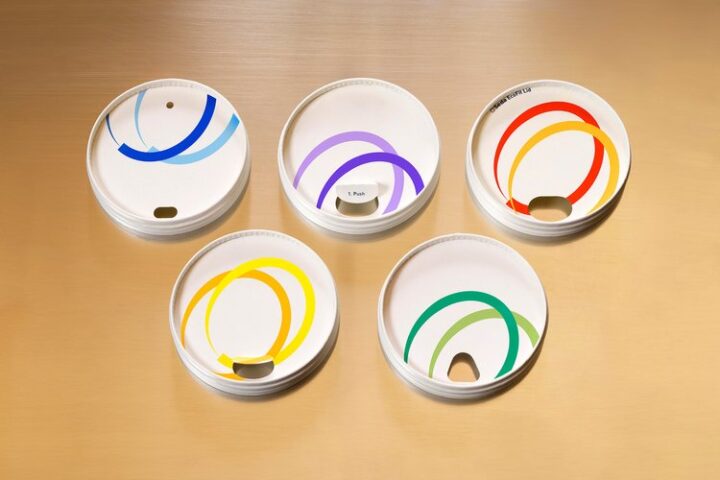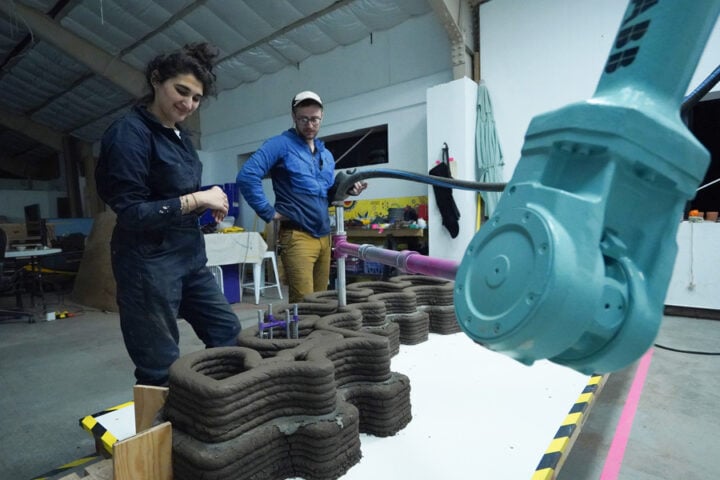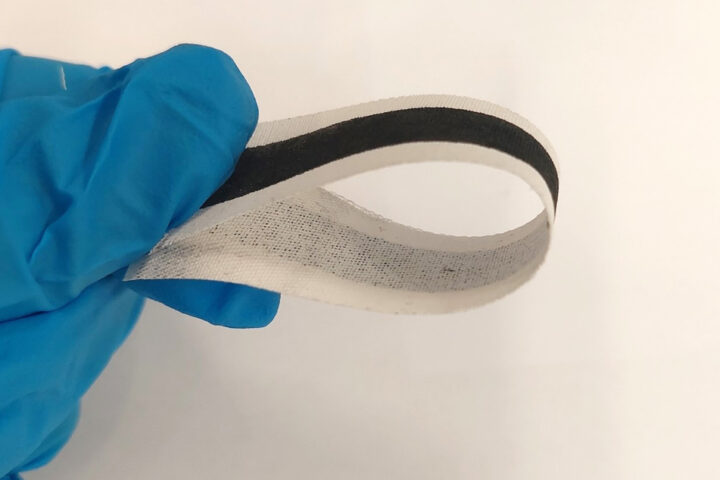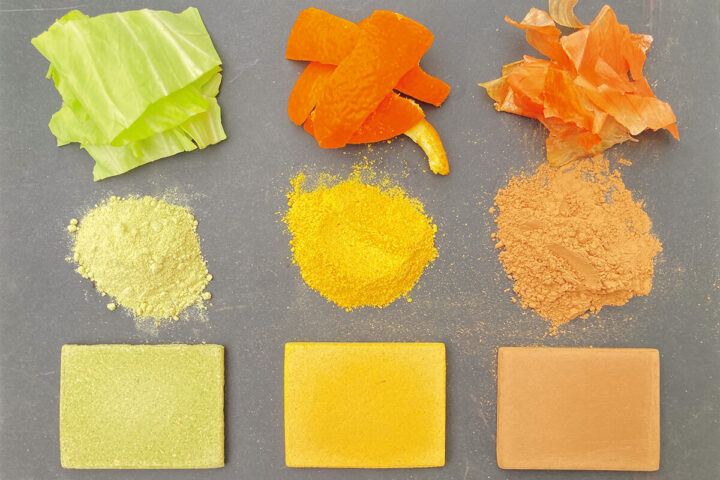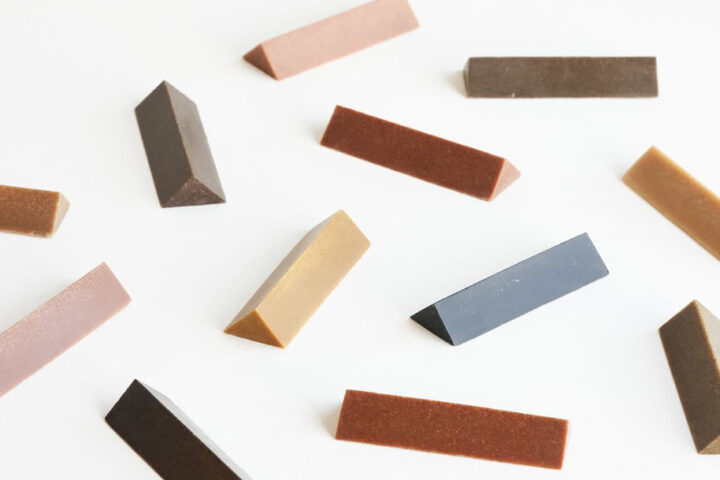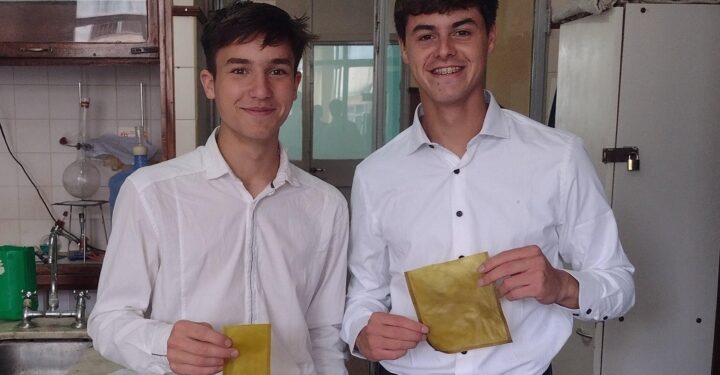Owing to their excellent weight-to-durability ratios, trekking poles have long been crafted from carbon fiber or aluminum. Leki, a renowned manufacturer, however, has introduced a groundbreaking innovation in the form of the world’s first trekking poles made primarily from hemp fibers. The Hemp One Vario Trekking Poles, a leap forward in technology and design, harness the exceptional strength-to-weight ratio of hemp. Showcasing LEKI’s commitment to developing environmentally friendly technologies, this organic, sustainable material is making its mark in the outdoor industry.
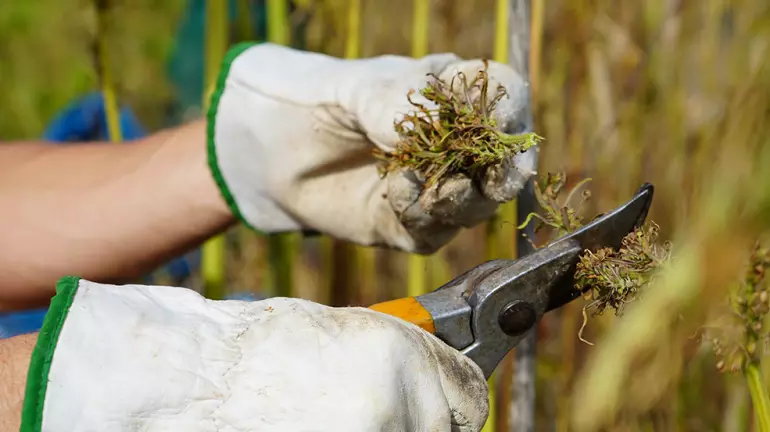
Strength and Sustainability of Hemp:
Boasting remarkable strength considering its lightweight nature, hemp is an incredible wonder material. Hemp has already found applications in various industries, from construction (with “hempcrete”) to automotive parts. Twice as strong as steel, raw hemp fibers possess a bending and mending capacity six times better than steel. Hemp, moreover, is an incredibly sustainable crop, requiring minimal water and land while replenishing the soil as it grows. These properties make hemp one of the most environmentally friendly agricultural crops available.
Features and Specifications:
The Hemp One Vario Trekking Poles incorporate hemp fibers extensively across the components. The pole’s shaft is composed of 100% hemp fibers with resin, while the core consists of 25% hemp fibers and features a Cor-Tec surface with natural cork content. While the strap is made from 100% natural linen flax fibers, the basket incorporates 25% hemp fibers. With a weight of 10 oz (290 g) per pole, the Hemp One Vario Poles exhibit a slightly higher weight than their carbon fiber and aluminum counterparts. Their strength-to-weight ratio, however, far surpasses that of conventional materials, making them equally strong and sustainable.
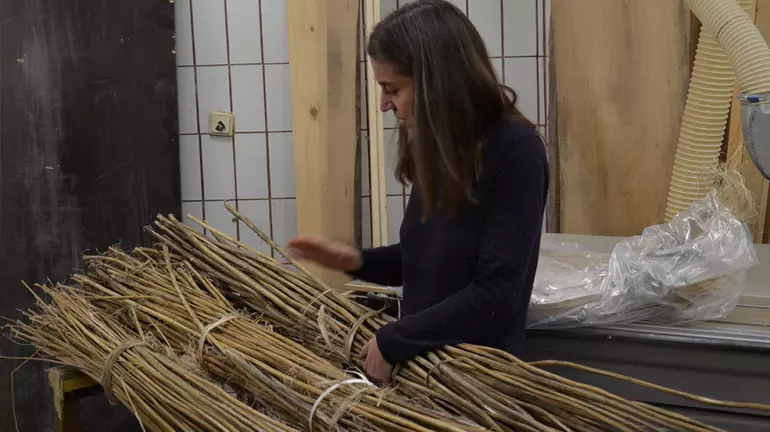
Recognition and Availability:
The Hemp One Vario Trekking Poles were unveiled by LEKI at the ISPO trade fair, where they received the prestigious ISPO Award 2023. The Award Jury of the ISPO commended LEKI for its consistent and sustainable approach, utilizing regionally renewable raw materials. LEKI is currently manufacturing a pilot program of 250 handcrafted pairs of these Poles, grown and harvested near their headquarters in Germany and assembled in their Czech Republic factory. Initially available only in Europe through Globetrotter stores, LEKI plans to expand distribution to the US by the summer of 2024.
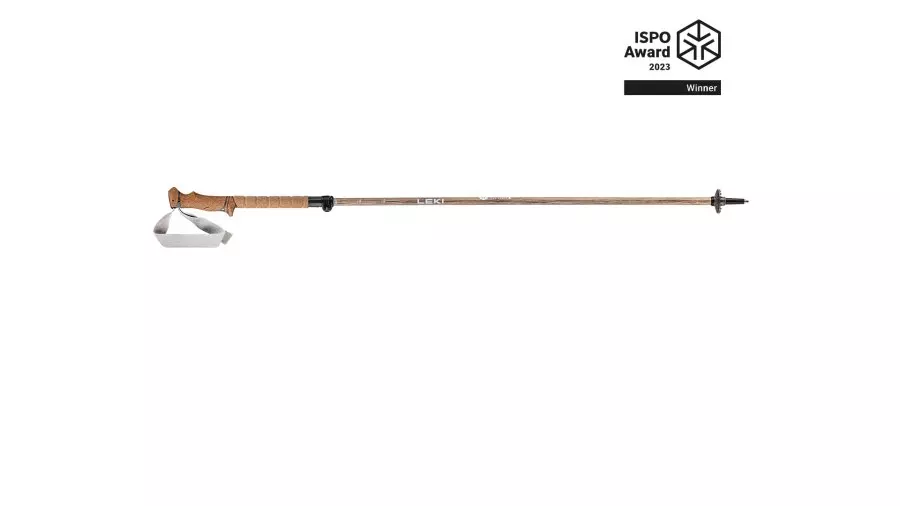
A Landmark for Sustainability in Outdoor Gear:
A significant milestone not only in Trekking Pole design but also in the outdoor industry as a whole is marked by the introduction of the Hemp One Vario Trekking Poles. Companies can greatly enhance sustainability in product design and manufacturing by incorporating hemp fibers and plastics into outdoor equipment, such as tents and backpacks. While the durability and longevity of hemp fiber components can revolutionize the outdoor gear market, hemp plastics offer a more environmentally friendly alternative to petroleum-based plastics. The pioneering efforts of LEKI pave the way for future innovations, encouraging more companies to embrace hemp as a sustainable material.
Similar Post
Paving The Way Ahead:
A transformative development in sustainable outdoor gear is represented by LEKI’s Hemp One Vario Trekking Poles. LEKI has taken a significant step forward in the pursuit of organic materials as replacements for aluminum and carbon by utilizing the exceptional properties of hemp fibers. This groundbreaking innovation not only showcases LEKI’s commitment to sustainability but also sets a precedent for the entire outdoor industry. The industry can achieve a more sustainable future, marked by enhanced durability and reduced environmental impact, as more companies follow suit and integrate hemp fibers and plastics into their products. The Hemp One Varios are just the beginning of a new era in outdoor gear design and manufacturing.



